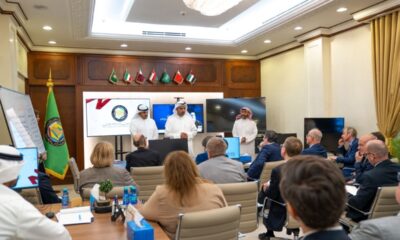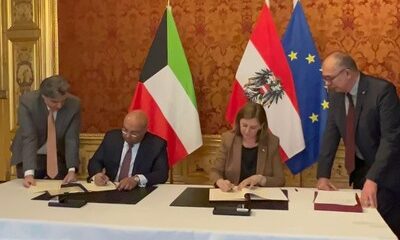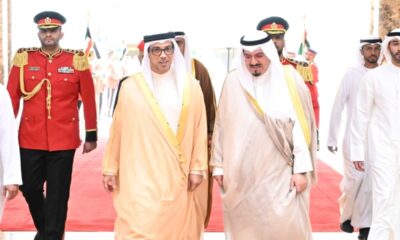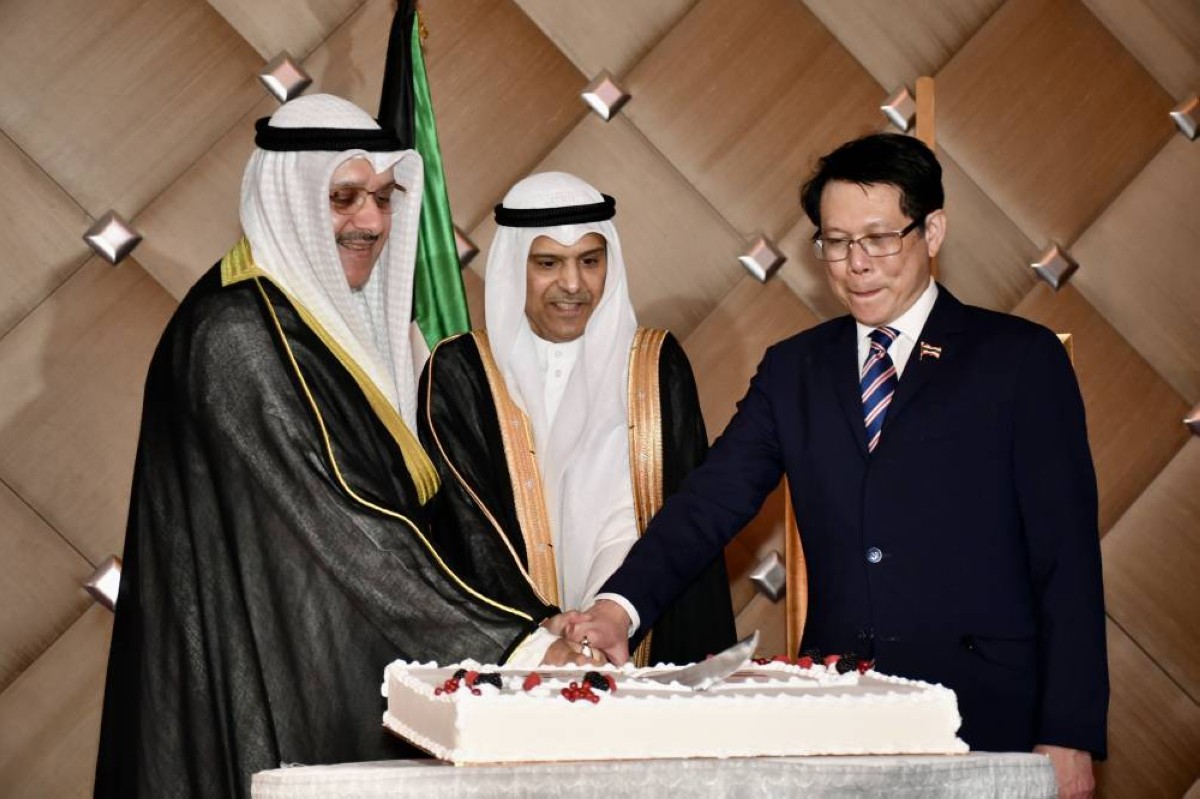KUWAIT: Football academies across Kuwait have grown into year-round hubs for athletic and personal development, offering children and youth valuable opportunities to enhance both physical fitness and life skills. These academies, catering to children as young as four, go beyond sharpening athletic abilities by promoting discipline, teamwork, sportsmanship, resilience and self-confidence. With limited vacancies in official sports clubs, a growing number of aspiring players are turning to academies as a practical alternative for professional-level training. Although comparable in quality, academy training typically operates up to three days a week and enrollment costs are borne by families.
Speaking to Kuwait News Agency (KUNA), academy owner Mohammad Saleh said he established his licensed football academy in 2019 after fulfilling all regulatory requirements. He voiced concern over the rise of unlicensed academies, which often attract families with lower fees but offer minimal training value and lack adherence to proper sporting standards. Saleh highlighted the success of his academy, noting that several graduates have gone on to join Kuwait’s national youth team. “Qualified coaching staff are the backbone of any academy,” he said, emphasizing the importance of hiring certified professionals with a strong grasp of both technical and ethical aspects of football.
Among the key challenges academies face, Saleh cited the shortage of suitable training grounds, with demand consistently exceeding availability. He also underscored the importance of player safety, calling on all academies to be equipped with first aid kits and emergency response plans. To counter Kuwait’s extreme summer heat, Saleh noted that training sessions are held after sunset, making the environment safer and more comfortable. He added that summer months witness higher enrollments as club activities pause and parents seek meaningful outlets for their children.
In a separate statement, coach Yousef Khajah stressed the importance of early football education, stating that young ages are ideal for developing core skills. “Specialized coaches can guide youth more effectively,” he said, adding that the academy often invites prominent Kuwaiti footballers to inspire young players. Khajah said the academy’s goal extends beyond skill development to include fostering teamwork, mutual respect, and discipline — elements often missing in the digital age. “Sports offer far more benefits than hours spent on electronic games, which can lead to fatigue and poor focus,” he noted.
For academy player Saleh Mohammad, the training has paid off. A member since 2019 and now a key player in Kuwait’s national youth team, he credited the academy for nurturing his talent and supporting his mental well-being. “Summer training keeps me fit during the off-season and helps me return to my club and national duties in top form,” he said, encouraging his peers to make productive use of their free time through sports. Meanwhile, academy owner Abdullah Abdulhassan shared that his academy recruits professional coaches, particularly from Spain, known for their advanced training methods and tactical expertise. “We welcome players from the age of four and have no upper age limit, ensuring everyone can benefit from physical activity,” he said.
Abdulhassan described the work as fulfilling, especially when trainees progress to professional clubs or national teams. “Academies build confidence, cultivate friendships, and shape well-rounded individuals — not just footballers,” he added. While acknowledging the financial strain on some families, especially those enrolling multiple children, he stressed that the long-term benefits in health, discipline and character development outweigh the costs. He called for greater investment in academies to support the emergence of a promising generation for Kuwaiti football. With club activities suspended during summer, families increasingly rely on academies to keep their children active. Some academies rent indoor venues, while others adapt by scheduling evening sessions.
Echoing similar sentiments, academy owner Abdulrahman Omar told KUNA that his primary goal is to nurture emerging talent and provide structured training to youth who may lack access to sports activities. He said training sessions typically begin around 7:30 pm and are divided into recreational warmups and football-specific drills. “Modern academies are now emulating clubs by participating in local mini-leagues, organizing matches and even holding training camps abroad,” Omar said, noting these experiences help players gain confidence and exposure to competitive environments. —
However, he pointed to ongoing challenges, particularly the scarcity of training facilities and a lack of financial support. “Despite participation from nearly 20 academies in local tournaments, the absence of sponsorship means costs are rarely recovered,” he said. As football academies continue to fill the gap left by limited club access, their growing role in developing Kuwait’s next generation of footballers—and responsible citizens—cannot be overstated. — KUNA
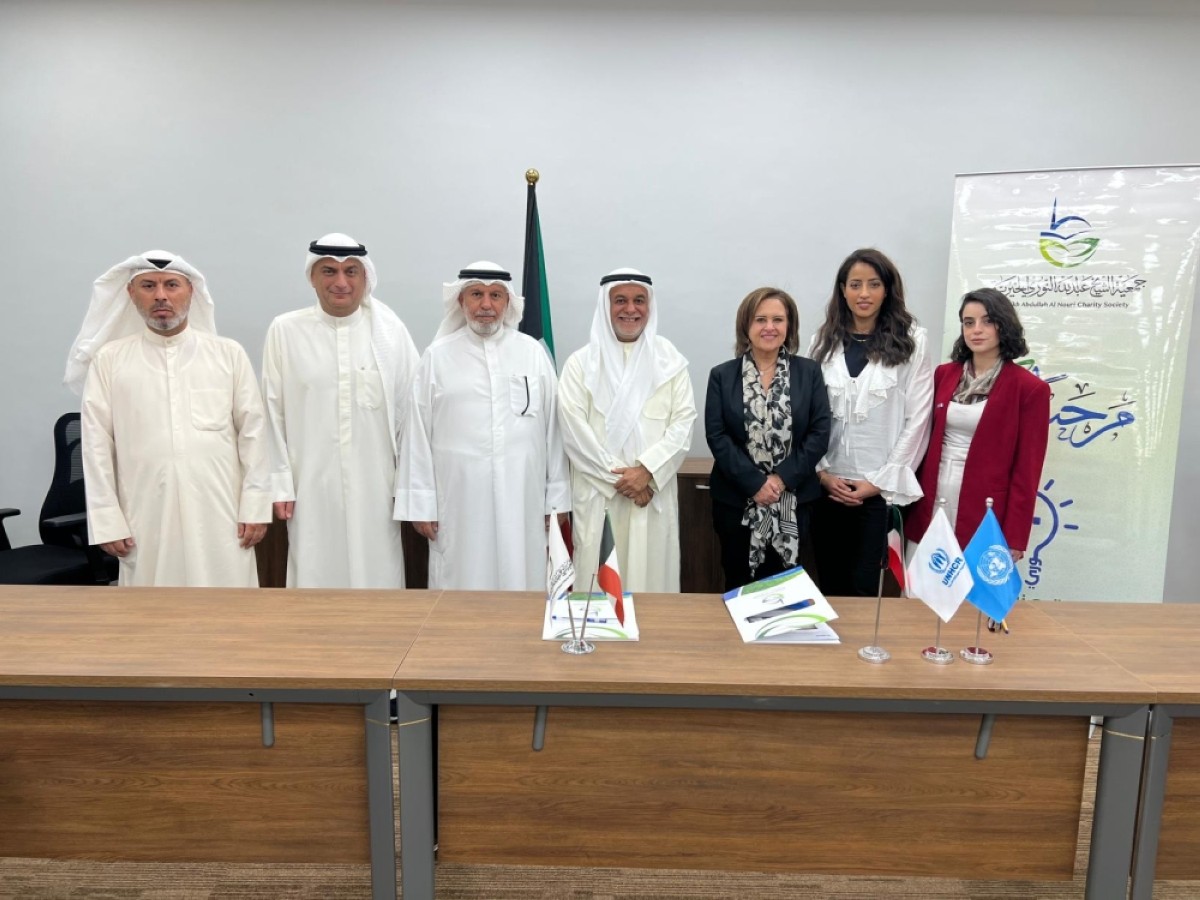

 Politics13 hours ago
Politics13 hours ago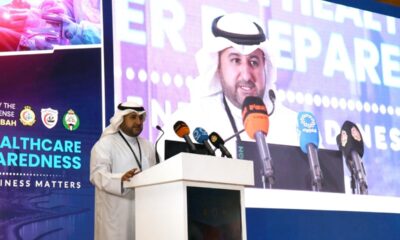
 Latest News23 hours ago
Latest News23 hours ago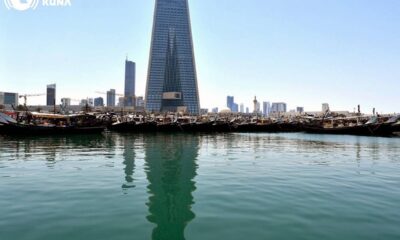
 Latest News22 hours ago
Latest News22 hours ago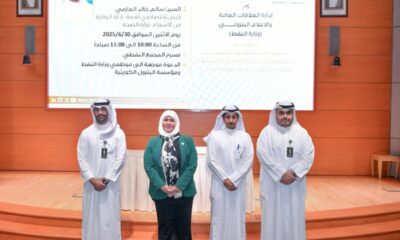
 Latest News21 hours ago
Latest News21 hours ago
 Politics23 hours ago
Politics23 hours ago
 Politics21 hours ago
Politics21 hours ago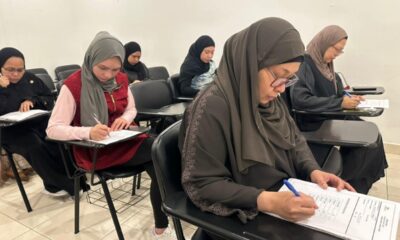
 Latest News20 hours ago
Latest News20 hours ago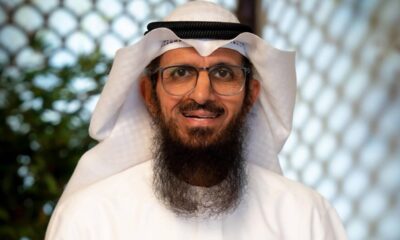
 Latest News19 hours ago
Latest News19 hours ago




